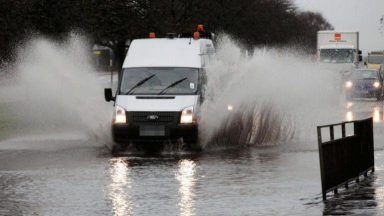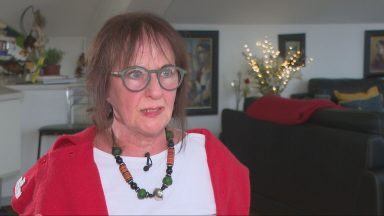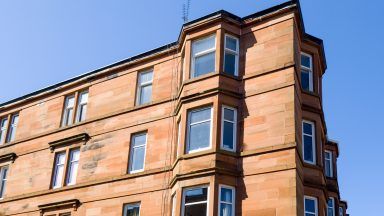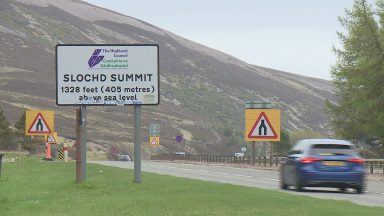Widespread racism in the medical profession is wrecking the lives of many doctors and forcing some to leave their jobs, according to a new report.
The British Medical Association (BMA) warned of a “mass-exodus” of staff due to persistent and intolerable levels of discrimination and says there is a “systemic failure” across the NHS that must be tackled.
One medic told STV News patients were often “surprised” when they heard his accent because he “did not look Scottish.”
GP Dr Amir Iqbal said racism in the profession can manifest in various ways, adding some examples were less obvious than others.
“You’ve got a skin tone, you’ve got a beard…you sound like you’re Scottish but you don’t look…some people have openly remarked on that.”
Dr Amir Iqbal
“It’s working twice as hard as people you know you’re better than, just to get on a level playing field,” he said.
“When it came time for me to become a partner, I found it very hard to get a partnership.
“When patients hear my voice and see me they sometimes do a bit of a double take – because they think ‘you clearly don’t look like how I thought you were going to look’.
“You’ve got a skin tone, you’ve got a beard…you sound like you’re Scottish but you don’t look…some people have openly remarked on that.”

Almost a third of doctors surveyed said they’d considered leaving the NHS, the BMA report found.
It’s warning the profession now faces a “mass exodus” of staff.
“If I can put it into one single word, it’s mostly exclusion,” said Dr Raj Padmanabhan, the chair of BMA Scotland’s Race Equality Forum.
“No-one wants to come to work feeling miserable.”
Dr Raj Padmanabhan, chair of BMA Scotland’s Race Equality Forum
“Exclusion from career opportunities, more scrutiny of their work, social exclusion, simple things like mispronunciation of their names and phenomenon of ‘othering’.
“This is not good for morale. No-one wants to come to work feeling miserable.
“When you see that you know despite doing a good job you’re not getting further opportunities and things like that that’s got a negative impact on the morale and more-so on physical and mental health.”
Dr Adaeze Ifezulike, a GP based in Aberdeen, said issues were raised a decade ago but continue to have a “demoralising effect” on staff.

She said more education is urgently needed, adding: “If you feel you are in an environment where you are not supported – finding out people might not have my back, simply because I’m different, that can be quite demoralising.
“I’m disappointed as these were things we were talking about 10 years ago and they’re still cropping up.
“I’d like people to have more cultural competence and understand that if someone is different from you it doesn’t mean they’re less of a human being.
“Having that empathy and acceptance, I think that will go a long way to help.”
The Scottish Government says it is “firmly committed” to supporting a “more diverse and inclusive workforce, but it recognises that structural and institutional barriers still exist.
A spokesperson said: “Work has been under way for some time to listen to, and address staff concerns, including a new NHS ethnic minority forum.
“We’re building an inclusive culture within the NHS and want to attract and retain talent from a diverse range of backgrounds that is fully reflective of our society.
“Support is in place for anyone in the NHS who feels they have been treated unfairly.”
Follow STV News on WhatsApp
Scan the QR code on your mobile device for all the latest news from around the country


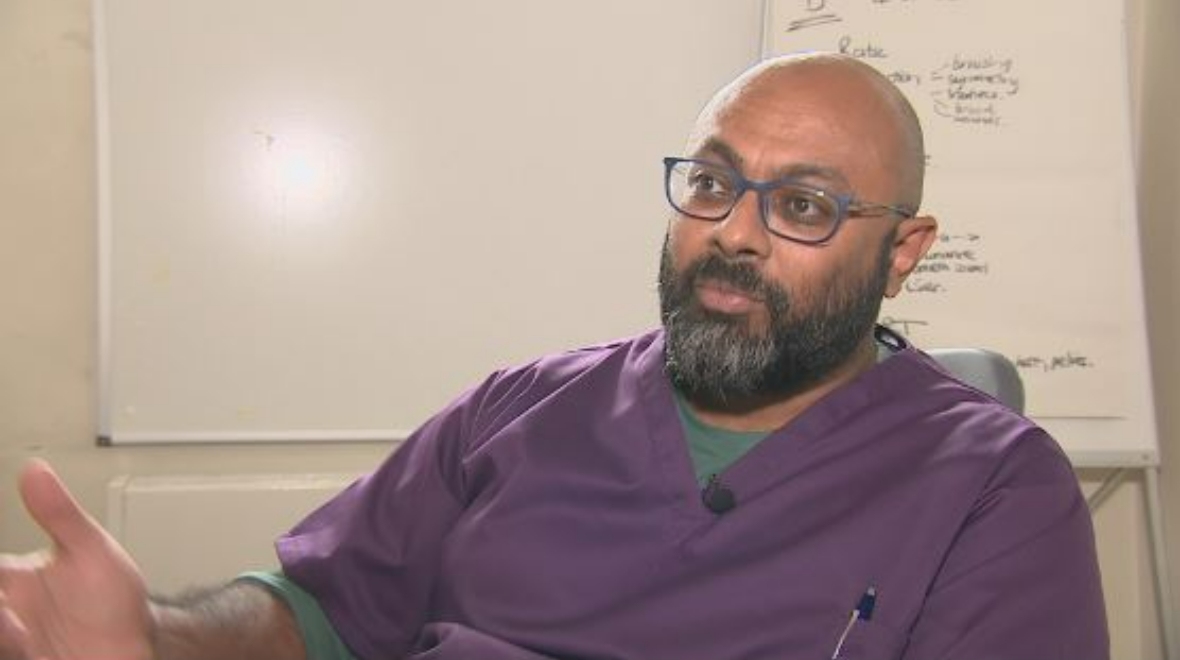 STV News
STV News




